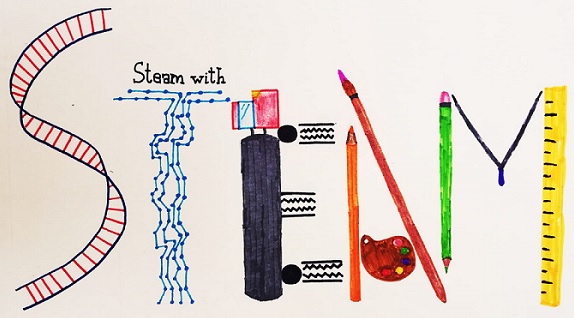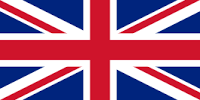The impact of digital technologies on the new generations which have sed them since early childhood seems to be very deep with major influence on the way they learn. Education had to bring even very young people in contact with technology. Children want to explore and have questions how things happens, technical operations, to invent, … and even find solutions. They are the future of our society. This project wants to increase the Science, technology, Engineering, Art and Mathematics, abbreviated by STEAM, possibilities and computational thinking with activities and a 'steam to STEAM' contest. A kindergarten in Austria, primary schools in Belgium, Poland, Romania, Spain and United Kingdom want to compare, share and develop good practice and framework for these necessary 21th century skills.
During two years there are 5 learning, teaching and training mobilities and 1 short-term joint staff training event in Belgium. During the mobilities at least 90 children from 5 schools and 50 teachers will show there shared activities in an exhibition and contest of a challenge discussed thorough the etwinning project 'steam with STEAM'. During the staff training, at least 10 teachers will receive hands-outs, trying out their skills, reflecting on activities, take advantage of experiments, ... to implementing more steam activities. This will be coached by an experimented trainer for kindergarten and primary schools. At the end of this course teachers receive an Europass mobility document with a list of the reached competences and an overview of the activities of the 3 days workshop. During the 3 days mobility children will be engaged in the local class activities, help to build an exhibition, are engaged in a contest. There will be a one day visit to a museum or technological interest focused on STEAM experiments and skills. Teachers develop a framework of STEAM methodology and gives feedback of this pedagogical concept. Local focus groups discuss the possibilities and integration of STEAM activities in the class and curriculum. A new website (http://steamwithsteam.eu) will show all activities, reports and evaluations. Innovation, transfered good practice, new skills, experience and new technologies will be incorporated into the general curriculum of the partner establishments. At the end of the project teachers will understand and integerate the framework of steam and computational thinking. 12 STEAM and 30 computational thinking activities with clear pedagogical instructions will be shared on the website or different social platforms.

